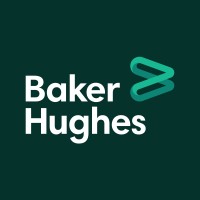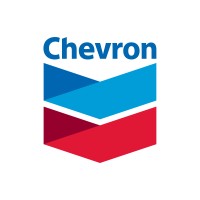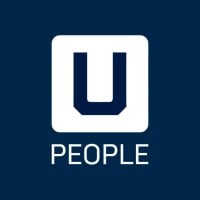Company Cyber Security Posture
NANA
NA Company Details
NA
NA
NA
NA
NA
NA
Scan still pending
NA
NA
Between 200 and 800
This score is AI-generated and less favored by cyber insurers, who prefer the TPRM score.
 NA Global Score
NA Global Score.png)

Company Scoring based on AI Models
| Model Name | Date | Description | Current Score Difference | Score |
|---|---|---|---|---|
| AVERAGE-Industry | 03-12-2025 | This score represents the average cybersecurity rating of companies already scanned within the same industry. It provides a benchmark to compare an individual company's security posture against its industry peers. | N/A | Between 200 and 800 |
Company Cyber Security News & History
| Entity | Type | Severity | Impact | Seen | Url ID | Details | View |
|---|
Company Subsidiaries

NA
Access Data Using Our API

Get company history
.png)
NA Cyber Security News
Cybersecurity: Users’ digital safety will never be compromised – Huawei
Huawei has restated its firm stance on cybersecurity, declaring that protecting users' digital safety will never be compromised in favour of ...
ICT Africa Summit 2025 to Be Held in Algiers from April 21 to 23
The ICT Africa Summit 2025, a major event focused on strategic digital and innovation issues across the African continent, will be held from April 21 to 23

NA Similar Companies

Bharat Petroleum Corporation Limited
Fortune Global 500 Company, Bharat Petroleum is the second largest Indian Oil Marketing Company and one of the premier integrated energy companies in India, engaged in refining of crude oil and marketing of petroleum products, with a significant presence in the upstream and downstream sectors of the

PDVSA ARGENTINA
Petróleos de Venezuela S.A. es la corporación estatal de la República Bolivariana de Venezuela que se encarga de la exploración, producción, manufactura, transporte y mercadeo de los hidrocarburos, de manera eficiente, rentable, segura, transparente y comprometida con la protección ambiental; con el

Baker Hughes
Baker Hughes (NASDAQ: BKR) is an energy technology company that provides solutions for energy and industrial customers worldwide. Built on a century of experience and conducting business in over 120 countries, our innovative technologies and services are taking energy forward – making it safer, clea

Chevron
Our greatest resource is our people. Their ingenuity, creativity and collaboration have met the complex challenges of energy’s past. Together, we’ll take on the future. We support the LinkedIn Terms of Use (User Agreement), and we expect visitors to our page to do the same. We encourage open, liv

Shell
Shell is a global group of energy and petrochemical companies, employing 103,000 people and with operations in more than 70 countries. We serve more than 1 million commercial and industrial customers, and around 33 million customers daily at more than 47,000 Shell-branded retail service stations. O

Ukrnafta
Вже більше 70 років «Ukrnafta» є найбільшою нафтогазовидобувною компанією України, в складі якої перебувають 1791 нафтових та 147 газових свердловин, а також більше 500 моно

Frequently Asked Questions
Explore insights on cybersecurity incidents, risk posture, and Rankiteo's assessments.
NA CyberSecurity History Information
How many cyber incidents has NA faced?
Total Incidents: According to Rankiteo, NA has faced 0 incidents in the past.
What types of cybersecurity incidents have occurred at NA?
Incident Types: The types of cybersecurity incidents that have occurred include .
Additional Questions
What Do We Measure?
















Every week, Rankiteo analyzes billions of signals to give organizations a sharper, faster view of emerging risks. With deeper, more actionable intelligence at their fingertips, security teams can outpace threat actors, respond instantly to Zero-Day attacks, and dramatically shrink their risk exposure window.
These are some of the factors we use to calculate the overall score:
Identify exposed access points, detect misconfigured SSL certificates, and uncover vulnerabilities across the network infrastructure.
Gain visibility into the software components used within an organization to detect vulnerabilities, manage risk, and ensure supply chain security.
Monitor and manage all IT assets and their configurations to ensure accurate, real-time visibility across the company's technology environment.
Leverage real-time insights on active threats, malware campaigns, and emerging vulnerabilities to proactively defend against evolving cyberattacks.




